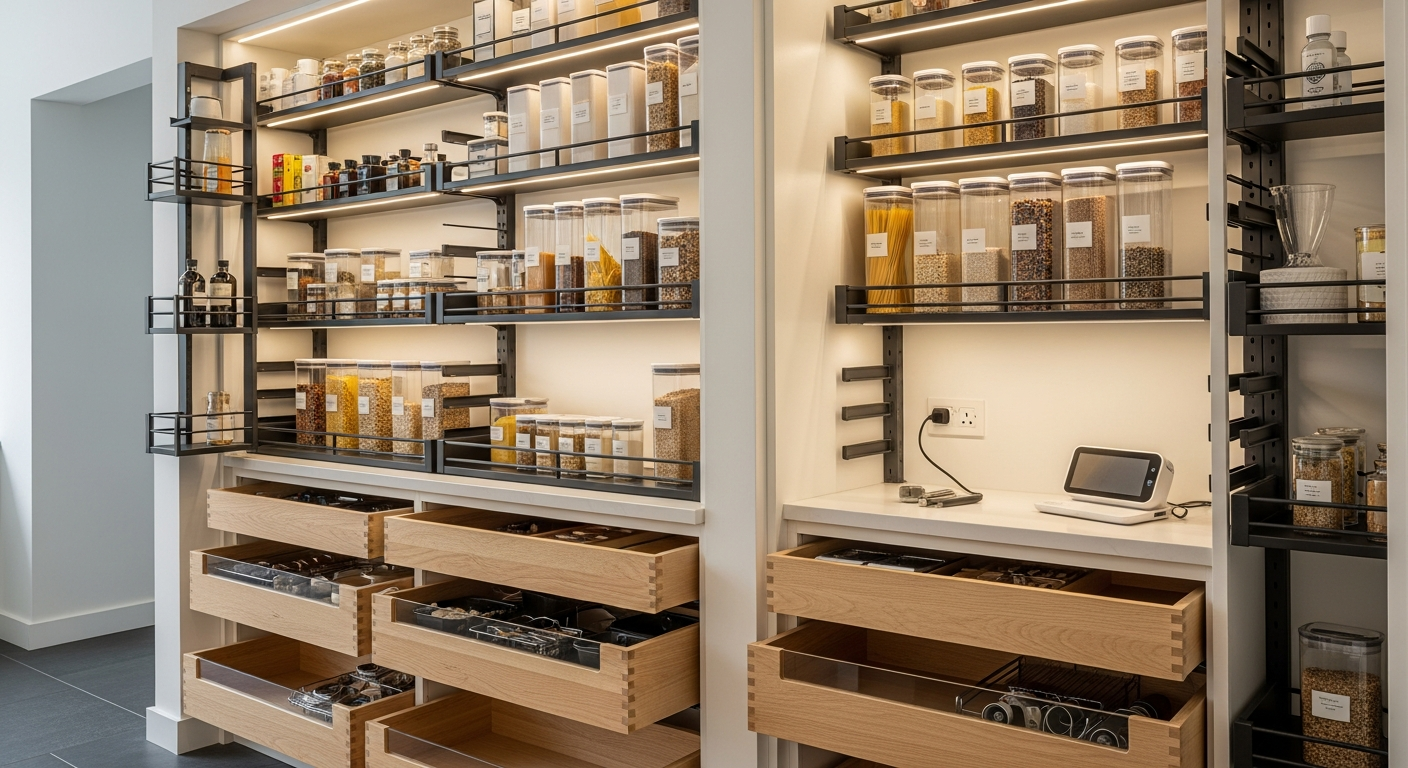Chronotherapy: Aligning Your Health with Your Body Clock
Did you know that the timing of your daily activities could be just as important as the activities themselves? Welcome to the fascinating world of chronotherapy, where your body's internal clock takes center stage in optimizing health and well-being. This innovative approach to wellness is revolutionizing how we think about everything from medication schedules to meal times.

The discovery of circadian rhythms dates back to the 18th century when the astronomer Jean-Jacques d’Ortous de Mairan observed that mimosa plants continued to open and close their leaves at regular intervals even when kept in constant darkness. This groundbreaking observation laid the foundation for understanding that living organisms possess internal timekeeping mechanisms.
The Chronotherapeutic Approach to Medicine
Chronotherapy in medicine involves timing the administration of treatments to align with the body’s natural rhythms. This approach has shown promising results in various fields, particularly in cancer treatment and cardiovascular medicine.
In oncology, chronotherapy has been used to enhance the efficacy of chemotherapy while reducing side effects. Studies have shown that the timing of drug administration can significantly impact treatment outcomes. For instance, a study published in the Journal of Clinical Oncology found that administering chemotherapy drugs at specific times of day improved survival rates in colorectal cancer patients by up to 50%.
Cardiovascular chronotherapy focuses on the timing of medication for conditions like hypertension. Research has shown that taking certain blood pressure medications at night, rather than in the morning, can lead to better blood pressure control and reduced risk of cardiovascular events.
Chronodieting: Eating in Sync with Your Body Clock
The concept of chronotherapy extends beyond medicine into the realm of nutrition. Chronodieting, or timing your meals to align with your body’s natural rhythms, is gaining traction as a potential strategy for weight management and metabolic health.
Our bodies process food differently depending on the time of day, influenced by fluctuations in hormones like insulin and cortisol. Studies have shown that eating earlier in the day may lead to better weight loss outcomes and improved metabolic health. A 2013 study published in the International Journal of Obesity found that participants who ate their main meal before 3 pm lost significantly more weight than those who ate later, despite consuming the same number of calories.
Moreover, research suggests that late-night eating may disrupt circadian rhythms and negatively impact metabolic health. A study in the journal Cell Metabolism revealed that mice fed a high-fat diet during their normal sleeping hours gained more weight than those fed the same diet during their active hours.
Chronoexercise: Optimizing Physical Activity Timing
The timing of physical activity can also play a crucial role in maximizing its benefits. Chronoexercise focuses on aligning workout schedules with the body’s natural rhythms to enhance performance and recovery.
Research indicates that exercise performance may peak in the late afternoon or early evening when body temperature is at its highest. A study published in the Journal of Strength and Conditioning Research found that muscle strength and flexibility were greatest between 2 pm and 6 pm.
However, morning exercise has its own set of benefits. A study in the journal Physiology & Behavior showed that morning workouts may be more effective for weight loss and appetite control. Participants who exercised in the morning showed increased physical activity throughout the day and reduced attraction to food stimuli.
The Future of Chronotherapy: Personalized Chronotypes
As research in chronobiology advances, scientists are uncovering the importance of individual chronotypes – our personal time preferences for sleep and activity. Not everyone’s internal clock ticks to the same schedule, and understanding one’s chronotype could be key to optimizing health interventions.
Researchers are developing tools to determine individual chronotypes and tailor treatments accordingly. This personalized approach to chronotherapy could revolutionize healthcare, allowing for more precise and effective interventions across various health domains.
Chronotherapy Tips for Everyday Wellness
- Maintain consistent sleep and wake times, even on weekends
- Expose yourself to natural light in the morning to reinforce your circadian rhythm
- Avoid blue light from electronic devices in the evening
- Time your meals: eat breakfast within an hour of waking and finish dinner at least 3 hours before bedtime
- Schedule high-intensity workouts for the afternoon when body temperature peaks
- Consider your chronotype when planning important tasks or meetings
As we continue to unravel the complexities of our internal clocks, chronotherapy offers an exciting frontier in health optimization. By aligning our daily routines with our body’s natural rhythms, we can potentially enhance everything from our sleep quality to our treatment outcomes. The future of health may not just be about what we do, but when we do it.






